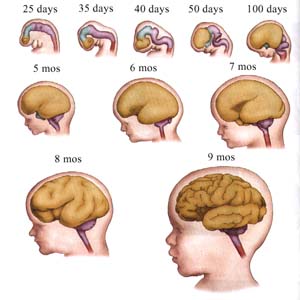Research
that Benefits Children and Families—Uplifting Stories
I want to
share a story of the son of a friend In South American, Ecuador. Her son was diagnosed
with Hyperactivity and was medicated. The first doctor was wrong, the report
that the doctor gave to the school caused a terrible damage for the child, the
people in school called to the child: ” the problem child”, they began to label
him. For that reason his self esteem was low. His grades began to drop, and his
desire to study.
So his mother was seeking help in a person who
makes more studies and test in investigation of problems of hyperactivity, and
attention. When she found a good
researcher, that person wanted well being of the children and the first thing
that she did was to be friend for the child, then she begin to talk with him,
and making some test of drawing, talking with his pediatric and working
together. And the conclusion of this case is that that boy never had
“hyperactivity” he only had a behavior problem because in his house there was no limits, and he grew in an environment
of family problems, their parents was divorced, and he also grow without rules.
In this
case you could see the two ways of research in one case it made a damage for
the kid in his self-esteem, and in the other way the good research help to him
in not to be label anymore, and to resolve the behavior problem.
“Research benefits children, without
such research, we would know less about children’s points of view, their wants
and needs and their possibilities.”(Glenda Mac Naughton, Sharne A. Rolfe, &Iran
Siraj-Blatchford.2010)
THE GOAL OF EFFECTIVE CLASSROOM MANAGEMENT IS NOT CREATING "PERFECT" CHILDREN, BUT PROVIDING THE PERFECT ENVIRONMENT USING RESEARCH-BASED STRATEGIES THAT GUIDE STUDENTS TOWARD INCREASINGLY RESPONSIBLE AND MOTIVEATED BEHAVIOR."
THE GOAL OF EFFECTIVE CLASSROOM MANAGEMENT IS NOT CREATING "PERFECT" CHILDREN, BUT PROVIDING THE PERFECT ENVIRONMENT USING RESEARCH-BASED STRATEGIES THAT GUIDE STUDENTS TOWARD INCREASINGLY RESPONSIBLE AND MOTIVEATED BEHAVIOR."









